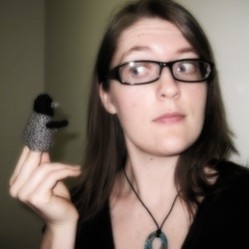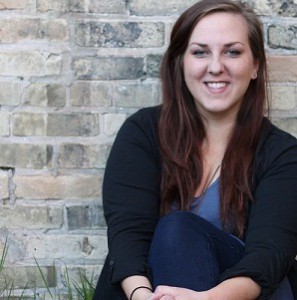Editor’s Note: This is just one of the items in the Diabolical Pots special issue.
Click here to see the full Diabolical Pots menu.
edited by Kel Coleman
Sept 3
New boy in school today. Someone was whispering that he comes from a mysterious family that bought the old Klappenhoffer mansion. Maisie said he stared at me with “a dark and piercing gaze” when we passed each other in the hall. I did not notice as I was writing down ideas to perfect my recipe for the state fair grilled cheese competition. I don’t care what Eli Barajas comes up with. This year I will WIN.
*
Sept 8
During my taste testing in fourth period, Dr. Washington confiscated my small grill and said competition or no, I was not allowed to burn down the school in pursuit of glory, which I think shows a real lack of vision. Dr. Washington said I was welcome to take my vision to detention, so I had to have Maisie and Dee try the cheeses unmelted, which defeated the whole purpose. But it didn’t matter because no one could focus on cheese. They just kept talking about the new boy.
Dee said his name is Byron, which is “so romantic.” I pointed out that the poet Byron slept with his half-sister and had venereal disease. Maisie told Dee my soul is bereft of romance. New guy Byron came to palely loiter over us while I had Maisie try Irish versus Wisconsin. He looked deeply into my eyes and said that he was hungry too and licked his lips. I offered him some of the cheese, but he refused, saying his is a tragic and eternal hunger. I guess he’s lactose intolerant?
*
Sept 9
Madame du Pont is from one of the best cheese countries in the entire world, but does she even appreciate my struggles to elevate her nation’s greatest export? She caught me reading Fantasies of the Fromagerie during class and confiscated my copy! Then she dumped a massive tome on my desk called Vive le fromage which was in FRENCH. Madame du Pont said if I had to read about cheese, I could do it in the proper language, which I said was a complete waste of time and that she had no camembert in her heart.
Anyway, after I got out of detention, the Drama Club was still around, so I had them guinea pig my new recipe. Byron watched from the shadows, which I guess is his thing. I had set up the table with some samples when Eli—I swear he can smell competition from a mile away—came by, grinned at me, and while I was in shock, the bastard swiped one. I tried to snatch it back, but he popped in his mouth too quickly. My nemesis may taunt me, but I will not be distracted. Victory is mere weeks away and there have been some promising developments with baguettes.
*
Sept 12
Parmesan, I suspect, may be the key to winning. I was telling Maisie this in study hall when Byron slipped in. Maisie leaned over and whispered that four people from town have disappeared since Byron arrived, and that Madame du Pont is now missing. Maisie said something about how the missing people have nothing in common—different neighborhoods, different ages, which naturally led me to wonder how aged the Parmesan should be. Would the judges be partial to twelve months or twenty-four? I asked Maisie, but she said I was missing the point, then threw a sharp look at Byron, skulking in the corner. After that, she left to go to field hockey practice and Byron appeared next to me (I didn’t even hear him move, such is the reality of one immersed in the Jarlsberg of life) and said we should study for our math test together. I truthfully told him that I’m flunking calc, so I wouldn’t be much help. He said we should hang out anyway, that he was intrigued by me. I told him I was intrigued by Parmesan and, actually, what did he think of Gruyère? He seemed very confused.
*
Sept 13
Byron randomly slunk over to my desk—again, which was annoying because he is quite boring—at lunch to ask if I believed in immutable destiny. I realized that of course he must be talking about the state fair grilled cheese competition, so I said yes. I told Byron that soon I would live forever, immortal in triumph. Byron got all excited and asked, then, did I agree that “two people bound in an undying fate must be yoked beyond the valence of time?” I don’t know what a valence is, but I looked down four desks at Eli, who has annoyingly nice hair, and said, “Yeah.” For some reason, Byron seemed very happy after that.
I had not realized he cared that much about the competition.
*
Sept 16
Saw Eli today at The Daily Rind. He winked as he was leaving, but if he thinks I’m going easy on him just because he’s charming, he is WRONG. I was dying to know what he’d ordered, but Mrs. Papageorgiou flatly refused to tell me what he’d bought, citing the sacred trust of the cheesemonger, which is not a real thing. I was trying to cajole the answer out of her when Byron walked up behind me, looked Mrs. Papageorgiou in the eyes, and whispered, Didn’t she want to tell us? I rolled my eyes, but suddenly, she was reciting the name of every cheese Eli had ever bought, including two new imported varieties from Oaxaca and the Swiss Alps. So much for the sacred trust. I ordered both and a couple goat cheeses, too. When I had finished paying, Mrs. Papageorgiou suddenly snapped to attention as if she’d just woken up. It was weird. She didn’t even remember what I’d ordered. Maybe she’s been sniffing the Vieux Lille again.
*
Sept 18
Had a sub in World History today as Mr. Rabinowicz was out. More people in town have gone missing. Maisie and Archita said it’s a bad sign, but as I said, who wouldn’t want to leave this town?
Beatriz said to make sure that I come home before dark, and I told Mom that her girlfriend should mind her own beeswax but, speaking of beeswax, what were their thoughts on cheese with honey? Mom said to focus on improving my grades and getting home earlier. Beatriz yelled, “Never give in! Never! Never! Never!” from the living room. Mom responded by humming the theme music from Gallipoli. I am at a crucial moment in my preparations, yet I am beset by mockery.
I asked Maisie to come over for more taste testing, but she said she’s doing some project at her uncle’s carpentry workshop and can’t make it.
*
Sept 23
Byron insisted on walking me home from the library. I was going to refuse, but The Mysteries and Molds of Modern Cheese is a heavy book and clearly Byron has nothing better to do. As we went, he asked me what I thought had happened to the people that had gone missing. I told him the only thing that was missing was a secret ingredient to ensure my victory.
We walked in silence for a while, so I decided to be polite and ask Byron about himself. He muttered something about everlasting torment. Then he looked into my eyes and said he yearned for someone who “walked the waters like a thing of life,” and didn’t I understand? I did not understand. Was this a religious thing? Also, did he think Eli had figured out what I bought from Mrs. Papageorgiou? What did he think Eli’s strategy would be? Byron seemed frustrated for some reason. After that he stared off into the distance, which was great, because it meant he stopped talking. When we finally got to my house, I relieved him of my copy of the Mysteries and Molds of Modern Cheese. I thought he’d follow me inside, but he just stood there in the doorway like a tragic fondue.
*
Sept 24
Eli sat next to me in bio today. I told him he’s going down. He grinned and said he’s a lover, not a fighter, but he had big plans for beating me. I told Eli he could bite me.
Byron, who was lurking behind us, got all riled up for no reason whatsoever and bared his teeth, which looked surprisingly pointy and sharp. Hm…sharp makes me think of Limburger. Perhaps that would go better with the honey?
*
Oct 4
While we were going over our bio homework, Maisie said that eight people are now missing. She said she’s going to find out what’s happening. She glanced at Byron, who simply glowered at her and then resumed staring out the window, mumbling poetry. I don’t get why Maisie is so interested in someone who spends all his time brooding. I said it was definitely not a gouda situation. Maisie didn’t even laugh! Not one giggle. It’s amazing that we have been friends for so many years when she has absolutely no sense of humor.
Eli, who was sitting two rows up, did laugh, though. I said I didn’t appreciate him making fun of me and he said the thought had not o-CURD to him. The jerk. How dare he try to out-pun me! I told him I will have him know that I have a grate sense of humor and as for the competition, there was no whey he would defeat me, ah HA! He laughed at that, too, but I suspect it is a strategy to make me go easy on him. Only ten more days to go, though, and he shall taste the Roquefort of defeat.
*
Oct 9
I have flaky, delectable goat cheese that is the perfect balance of salty and sour. I have local honey as gold as the trophy I am destined to win. I have sourdough baked by my own two hands and my secret ingredient. Also, I have the support of my friends, all of whom I badgered into coming. Byron also invited himself along. God knows why.
*
Oct 14
In the face of defeat, one must be a stalwart mozzarella.
Eli should remember that because
I AM THE STATE FAIR GRILLED CHEESE CHAMPION!
My honey lavender grilled goat cheese on sourdough won! I have a blue ribbon, a small trophy, and eternal glory. Mom said she’s just glad to have her kitchen back. Eli got second place, which was a gift certificate to the Daily Rind. He took his defeat surprisingly well. He came over and gave me a big hug and when his arms wrapped around me I felt like grilled cheese on the inside, which I told Maisie, who said it is not a romantic simile. We were getting ready to go to a celebratory dinner when Byron pulled me aside, stared deep into my eyes, and started to speak. Everything got strange and foggy, which was when Maisie grabbed me and dragged me away. I barely remember it. I’m turning into Mrs. Papageorgiou.
*
Oct 16
In bio, Eli came over to congratulate me again and said my grilled cheese sandwich was the best he had ever had. I know a declaration of love when I hear one. I kissed him right then and there. We’re going to Homecoming together!
Maisie says it’s strange that I’m dating Eli, but I told her we were bound to have a cheesy ending. Maisie did not even smile. I asked her if she was going to the dance with Byron, because she seems totally into him (which is sad, because he is very dull, though of course I didn’t say that because I am an empathetic person). She said no, Byron was interested in me—which was a shock, because he never showed any signs of it, boys are weird—and anyway she’s skipping the dance to go stake something out.
*
Oct 30
I love Eli Barajas and my soul is brie, all rich and melty. Homecoming was surprisingly fun. Byron did not go. No one has heard from him since right before the dance. He stopped coming to school, too, and apparently isn’t coming back. It is probably because I broke his heart. I am sure he will recover eventually. Byron has his immutable destiny and a valence or whatever it was.
The Klappenhoffer mansion is for sale again. Maisie seems quite pleased about it, but won’t say why. She invited me to come by her uncle’s workshop on Friday to see her woodworking projects. She’s very into sharpening and sanding things these days. I’ll go to be supportive, even if she is getting a little obsessive. Fortunately for her, I am a very understanding friend. I actually had hoped to be with Eli that night because I wanted to go to the observatory for the full moon, but he says he’s locked into some monthly family thing. I said I understood, because it is good to be magnanimous when one is the State Fair Grilled Cheese Champion.
© 2022 by Amanda Hollander
2160 words
Author’s Note: I was talking with a writer friend who had years earlier written a dark, haunting zombie love story that involved a grilled cheese analogy. We joked that you could give me the same assignment—monster romance with a mention of grilled cheese—and it would go haywire. The next day, I woke up with a cheery and clueless teenage character in my brain chattering away about grilled cheese sandwiches while some hapless immortal lurked nearby, darkly pining, and the rest is this story.
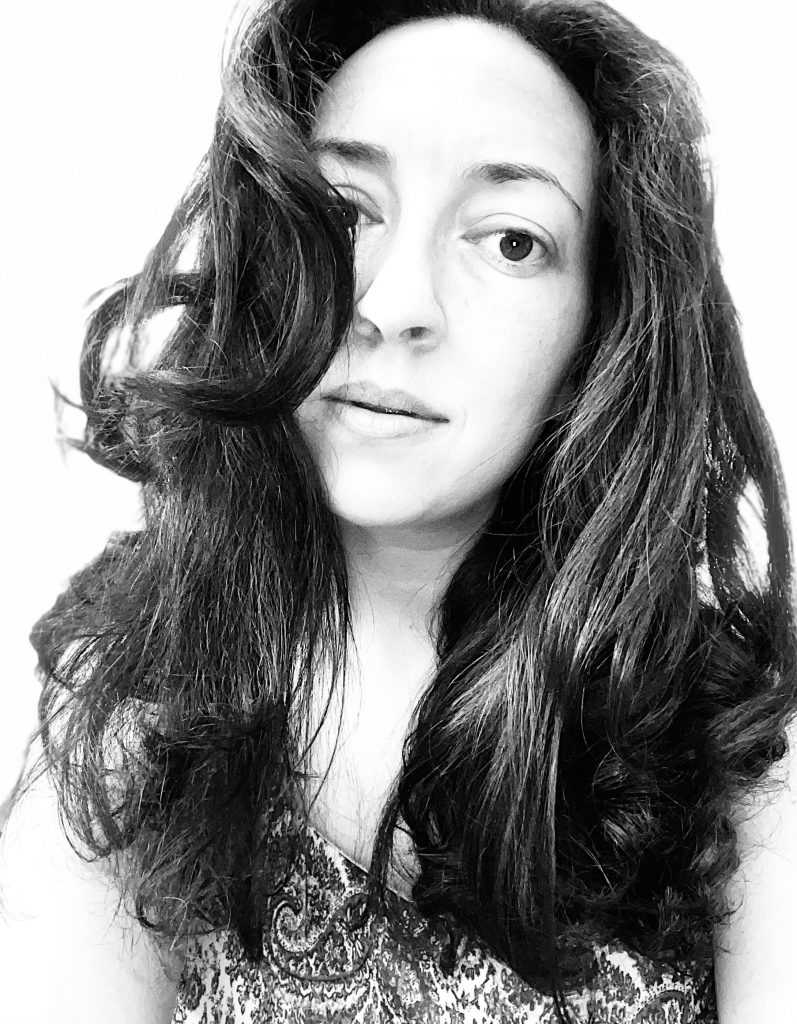
Amanda Hollander is a writer and opera librettist in New York City, where she resides in the company of a cat, who has recently entered the dowager empress phase of feline life, and some barely enduring succulents. Amanda has published stories in the Magazine of Fantasy & Science Fiction and Daily Science Fiction. She does, alas, suffer from lactose intolerance, and as such has enjoyed this foray into dairy escapism.
If you enjoyed the story you might also want to visit our Support Page, or read the other story offerings.

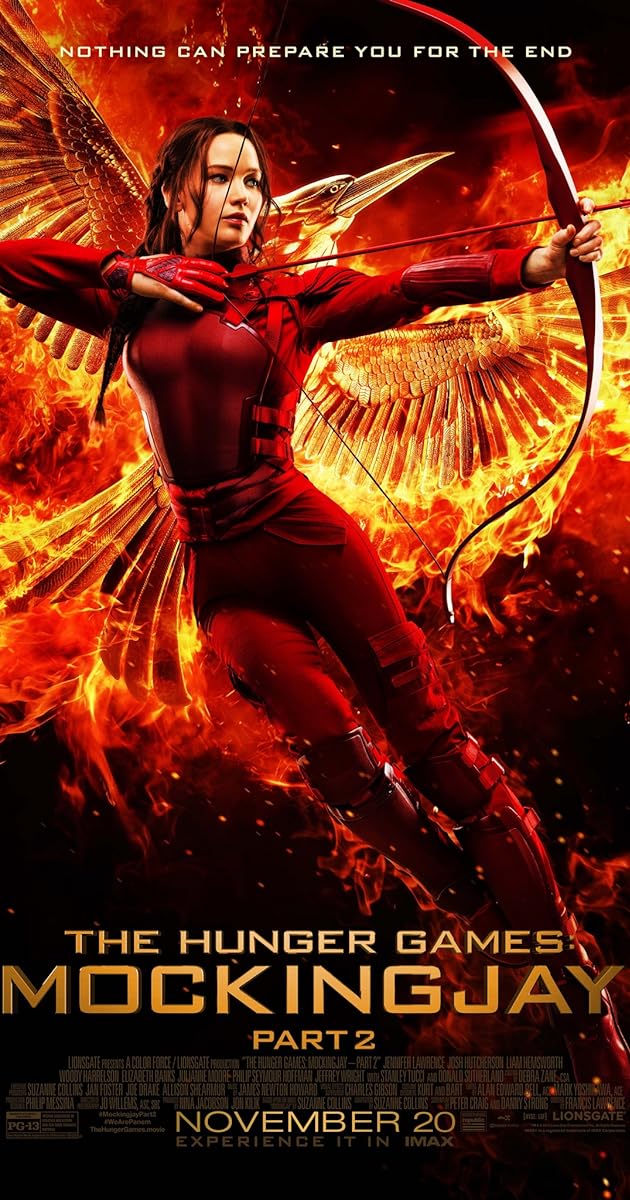 The Hunger Games: Mockingjay Part 2 is the 4th and final movie in the Hunger Games movie series, which is based on the second half of the third book of the written trilogy by Suzanne Collins, and was released by Lionsgate Films in November 2015.
The Hunger Games: Mockingjay Part 2 is the 4th and final movie in the Hunger Games movie series, which is based on the second half of the third book of the written trilogy by Suzanne Collins, and was released by Lionsgate Films in November 2015.
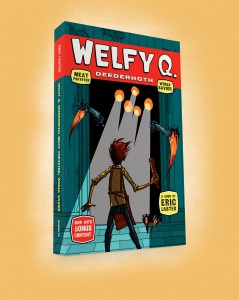 What are themes/messages you want young people to take away from this story?
What are themes/messages you want young people to take away from this story?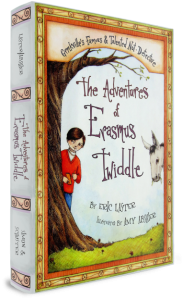 Are there going to be further adventures of Welfy?
Are there going to be further adventures of Welfy?
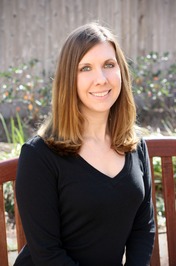
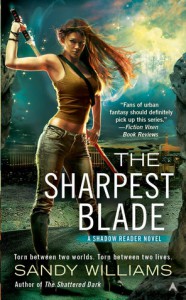 CS: At the beginning of the series, McKenzie is a Nancy Drew type, using her gift to analyze the scenes where fae transported. By the end of the series, she has learned how to wield a sword and uses it in battle. So she’s become a sort of warrior princess type. Why the transformation?
CS: At the beginning of the series, McKenzie is a Nancy Drew type, using her gift to analyze the scenes where fae transported. By the end of the series, she has learned how to wield a sword and uses it in battle. So she’s become a sort of warrior princess type. Why the transformation?